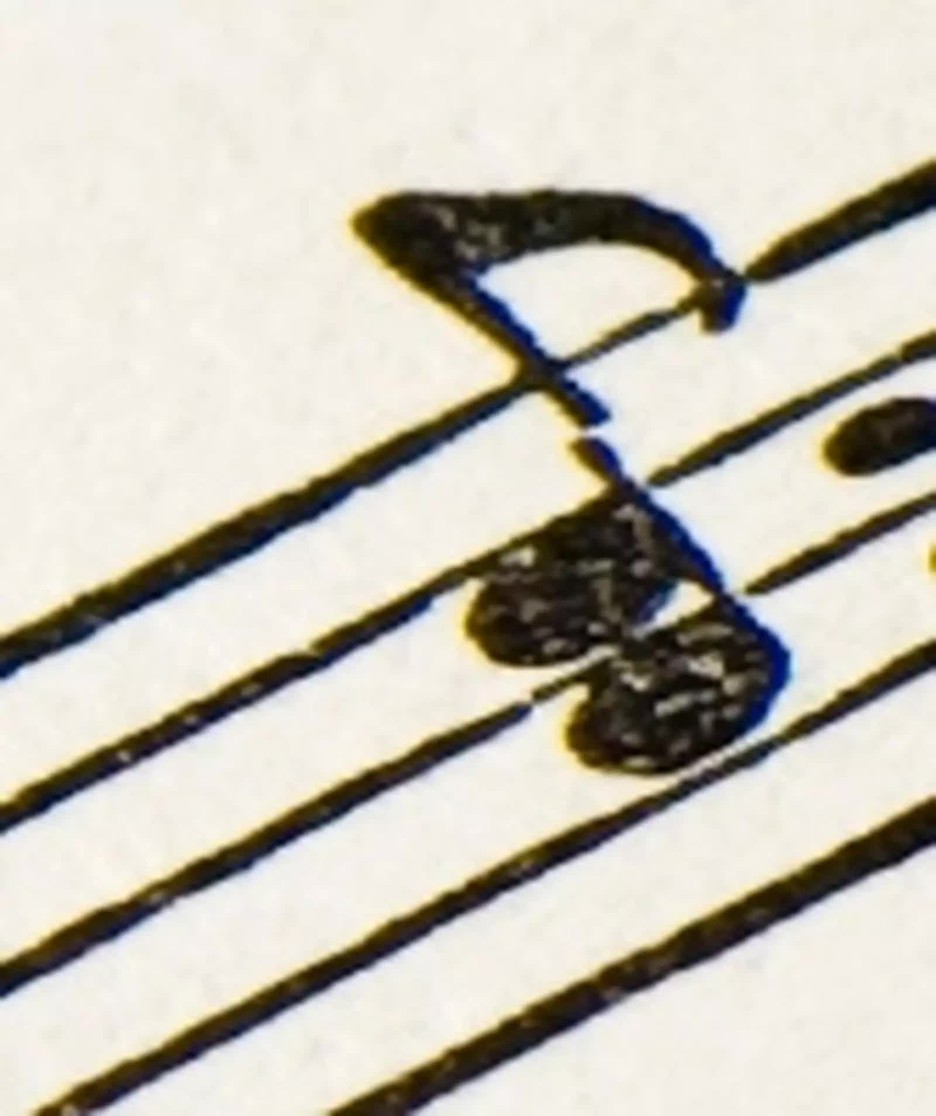
American Methodist missions to China were created largely through the influence and prompting of one extraordinary woman. Phoebe Palmer is best known in our day as the writer of revival hymns such as this on Christ's blood:
The cleansing stream I see, I see!
I plunge, and oh, it cleanseth me;
Oh, praise the Lord, it cleanseth me,
yes, cleanseth me.
A Methodist lay person, she worked tirelessly for social change and improvement and was a key influence in 19th century Methodist revival. She also was the driving force behind funding the first Methodist missionaries to China. She had considered going to China herself, but decided she was needed more where she was. But she and her husband pledged the first $1,000 and stimulated others to raise similar amounts.
Methodists were not the first to send missionaries to China. Many other missions had preceded them, including Hudson Taylor who founded the China Inland Mission. The first American Methodist missionaries to China, Moses White, Robert Maclay and Henry Hickok, supported by the direct efforts of Phoebe Palmer and her husband, reached Fuchau in the land of Confucius on this day, September 4, 1847.
Fuchau was a city of over 600,000 souls. Yet for a long time no one turned to Christ, although the people were friendly enough. Despite a healthy location, illness dogged the missionaries. At times their efforts seemed fruitless. Seven years after arriving, they had seen no evidence that a single soul had converted. It was three more years before they baptized their first convert, Ting Ang, on July 7, 1857. By 1867 only a minute fraction of Fuchau's population, a mere 450 people, had become Christians. It was enough to fill a single church.
A phenomenon of our time is the explosive growth of the Chinese church. This did not come about by accident. One of the principles of "chaos" mathematics is the snowball effect. A tiny change today can build to an enormous effect later. The seemingly insignificant work of the Methodists in Fuchau was one of many streams which contributed to today's resilient and faithful Chinese church.
Such tiny beginnings suggest the timeless power of individual acts of goodness. Phoebe Palmer was a prominent face in that concourse of Christian effort.
Bibliography:
- Gross, Ernie. This Day in Religion. New York, N.Y. : Neal-Schuman Publishers, 1990.
- Latourette, Kenneth Scott. A History of Christian Missions in China. New York, Russell & Russell, ca. 1967.
- Oden, Thomas C. Phoebe Palmer, Selected Writings. New York : Paulist Press, c1988.
- Palmer, Phoebe. Devotional Writings, New York: Garland Press, 1985.
- Phoebe Palmer and the 19th Century Holiness Revival. Christian History, No. 82.
- Raser, Harold E. Phoebe Palmer; her life and thoguht. Lewiston, New York: Edwin Mellen Press, 1987.
- Varg, Paul A. Missionaries, Chinese, and diplomats; the American Protestant missionary movement in China, 1890-1952. Princeton, N.J., Princeton University Press, 1958.
- White, Charles Edward. The Beauty of Holiness: Phoebe Palmer as theologian, revivalist, feminist, and humanitarian. Grand Rapids, Michigan: F. Asbury Press, 1986.
Last updated April, 2007.


